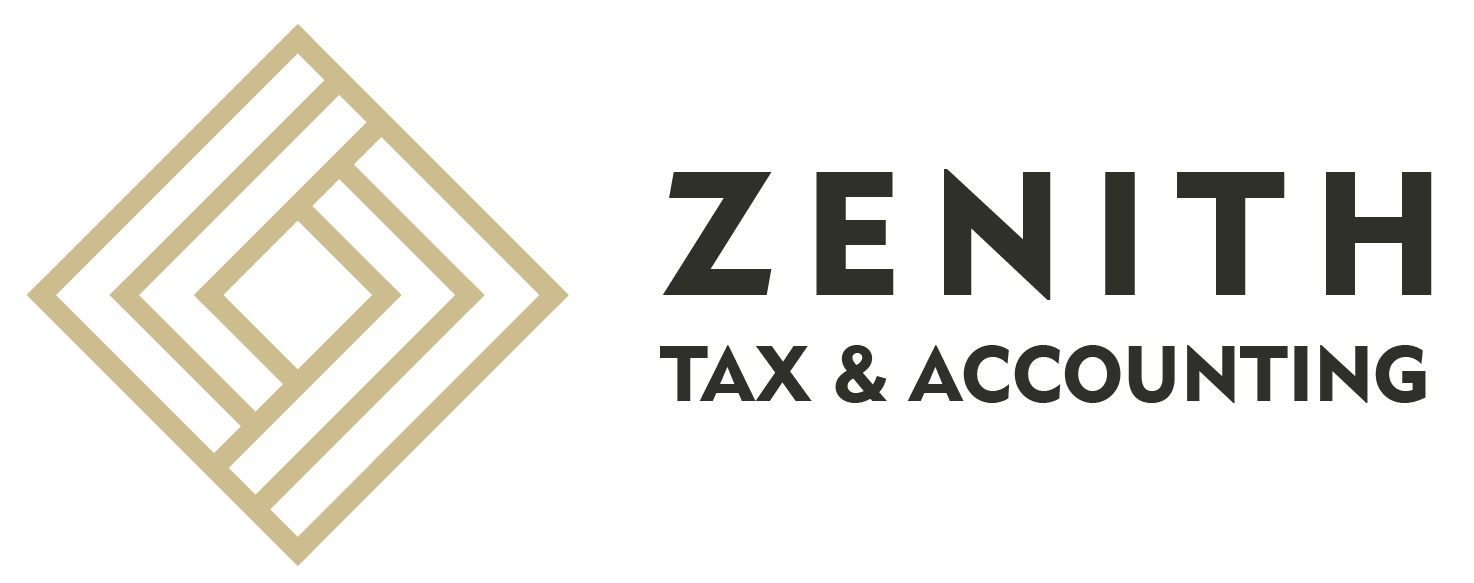
Understanding Ghana’s Tax System: What Every Foreign Investor Needs to Know

Ghana’s tax system is structured to encourage economic growth while ensuring compliance and equity among businesses and individuals. For foreign investors and expatriates seeking to establish a presence in Ghana, understanding the tax landscape is crucial to leveraging available incentives and avoiding penalties. This article delves into Ghana’s tax structure, reliefs for businesses, and updates from the 2024 Ghana National budget statement .
Overview of Ghana’s Tax Structure
Ghana’s tax system comprises direct and indirect taxes administered by the Ghana Revenue Authority (GRA). Below are the main categories:
- Corporate Income Tax (CIT):
- Standard rate: 25% for most businesses.
- Special rates: Reduced rates apply to specific industries, such as 22% for companies in the hospitality sector.
- Small-scale enterprises operating within the informal sector may qualify for a presumptive tax regime based on turnover.
- Value Added Tax (VAT):
- Current rate: 15%, with an additional 2.5% National Health Insurance Levy (NHIL) and 2.5% Ghana Education Trust Fund (GETFund) levy, and covid Levy of 1% bringing the effective rate to 21.90%.
- VAT applies to the supply of goods and services, with exemptions for certain essential goods such as unprocessed agricultural products.
- Personal Income Tax:
- Progressive rates for individuals, capped at 35% for high-income earners.
- Non-resident individuals are taxed at a flat rate of 25% on their Ghanaian-sourced income.
- Withholding Taxes (WHT):
- Rates range from 1% to 25% depending on the nature of the payment (e.g., dividends, interest, or royalties).
- WHT on payments to non-residents may be subject to lower rates under double taxation agreements (DTAs).
- Customs and Excise Duties:
- Duties on imports depend on the type of goods, with exemptions for certain raw materials and capital goods.
- Special excise duties apply to products such as tobacco, alcoholic beverages, and petroleum products.
Tax Reliefs and Incentives for Businesses
Ghana offers several incentives to attract foreign investment and support local businesses:
- Free Zones Program:
- Companies operating in designated free zones enjoy a 10-year corporate tax holiday.
- After the holiday, a reduced CIT rate of 15% applies.
- Tax Holidays for Specific Industries:
- Agro-processing businesses enjoy a 5-10 year tax holiday depending on their location.
- Companies in rural areas benefit from tax rebates ranging from 25% to 50%.
- Capital Allowances:
- Accelerated depreciation rates are available for certain industries, including manufacturing and mining.
- Double Taxation Agreements (DTAs):
- Ghana has DTAs with countries such as the United Kingdom, Germany, and South Africa, allowing businesses to avoid double taxation on income.

Key Updates from the 2024 Budget
The 2024 budget introduced measures to enhance revenue mobilization while fostering an investor-friendly environment. Highlights include:
- Electronic Transaction Levy (E-Levy):
- The E-Levy rate has been maintained at 1% for electronic transactions exceeding GHS 100 daily.
- Introduction of the VAT Compliance Improvement Program (VCIP):
- The GRA has introduced a digital platform for real-time monitoring of VAT collections to reduce underreporting.
- Green Tax Incentives:
- Companies investing in renewable energy and sustainable projects can claim additional tax credits.
- Review of Tax Exemptions:
- A framework has been established to streamline tax exemptions, ensuring only qualified businesses benefit.
- Enhanced Enforcement:
- The government has allocated additional resources to audit and compliance initiatives, emphasizing the need for accurate tax filings.
Navigating Ghana’s Tax System as a Foreign Investor
Understanding and complying with Ghana’s tax requirements can be complex for foreign investors. To ensure smooth operations:
- Engage Professional Advisors: Work with experienced tax consultants like Zenith Tax and Accounting Ghana Ltd to navigate the tax landscape effectively and minimise tax liabilities.
- Stay Updated: Regularly review changes in tax laws and policies to remain compliant and take advantage of incentives.
- Maintain Accurate Records: Ensure proper bookkeeping to facilitate tax reporting and audits.
By leveraging Ghana’s tax incentives and adhering to regulatory requirements, foreign investors can establish a strong foundation for success. Zenith Tax and Accounting Ghana Ltd is committed to supporting businesses with tailored tax solutions, ensuring compliance, and optimizing opportunities in Ghana’s vibrant economy.


1 Comment
thank you